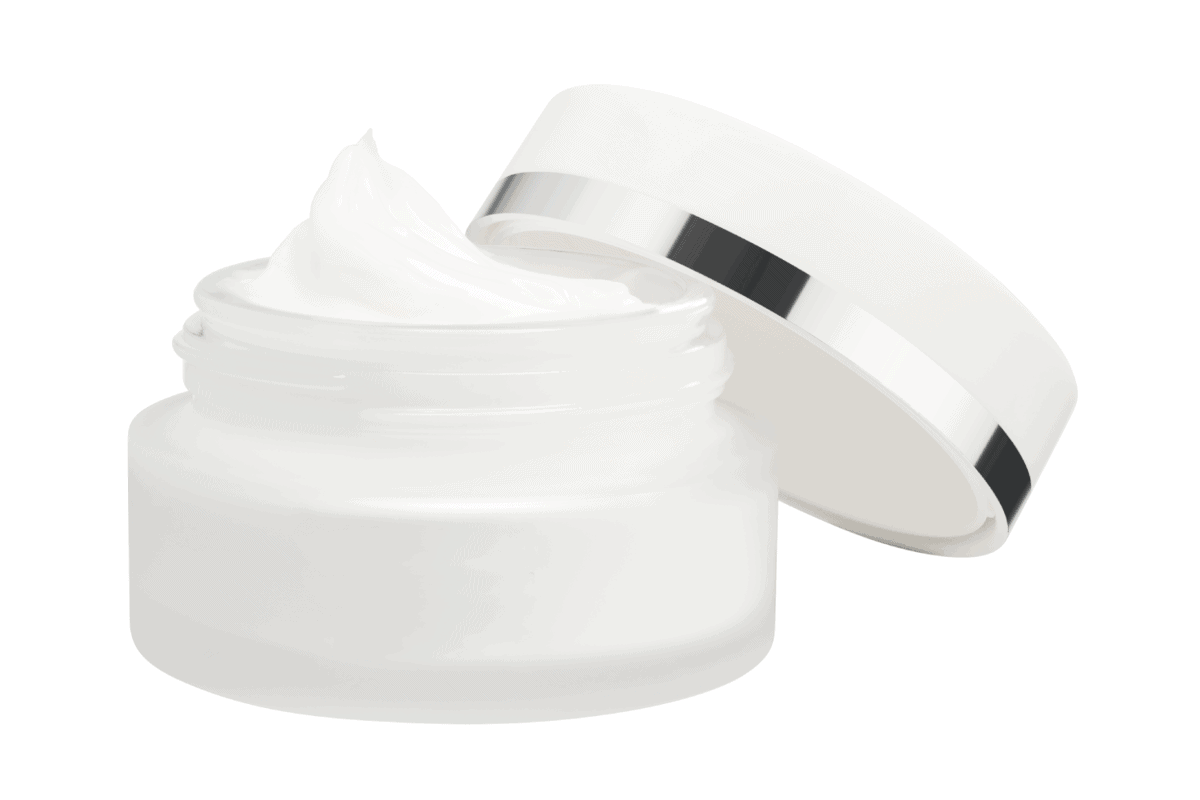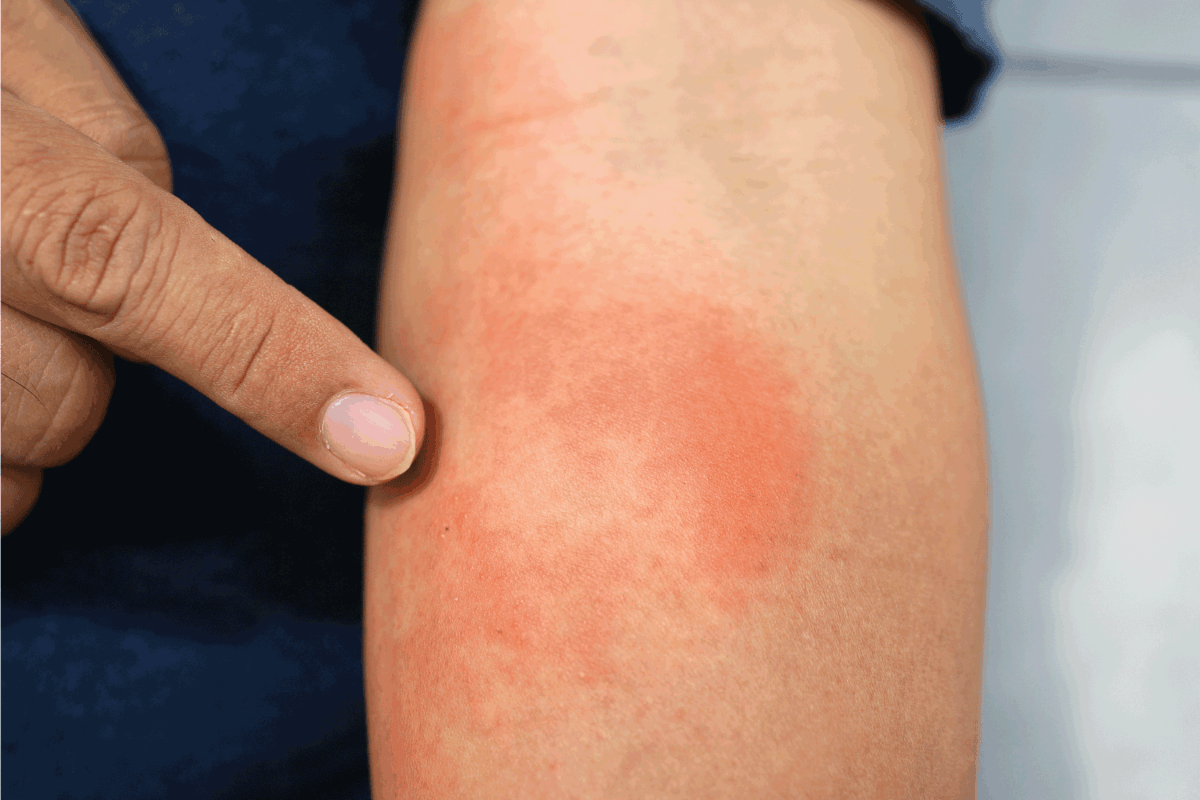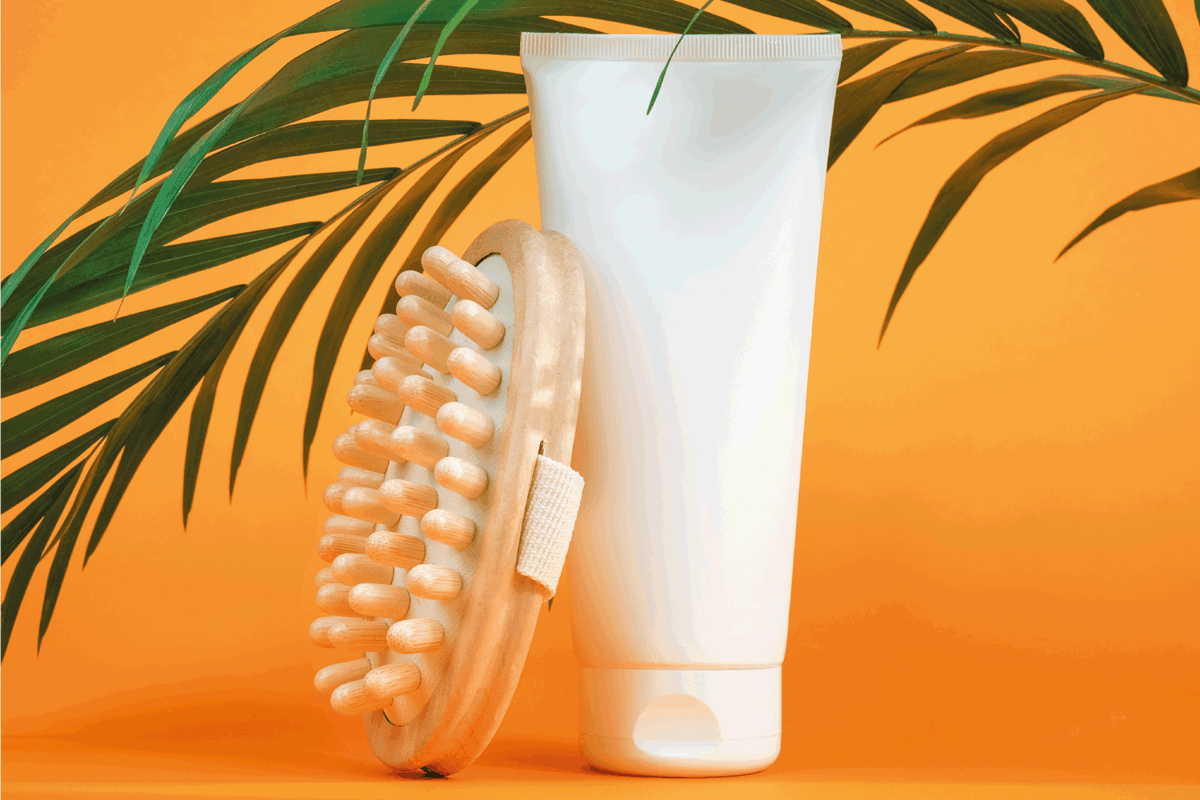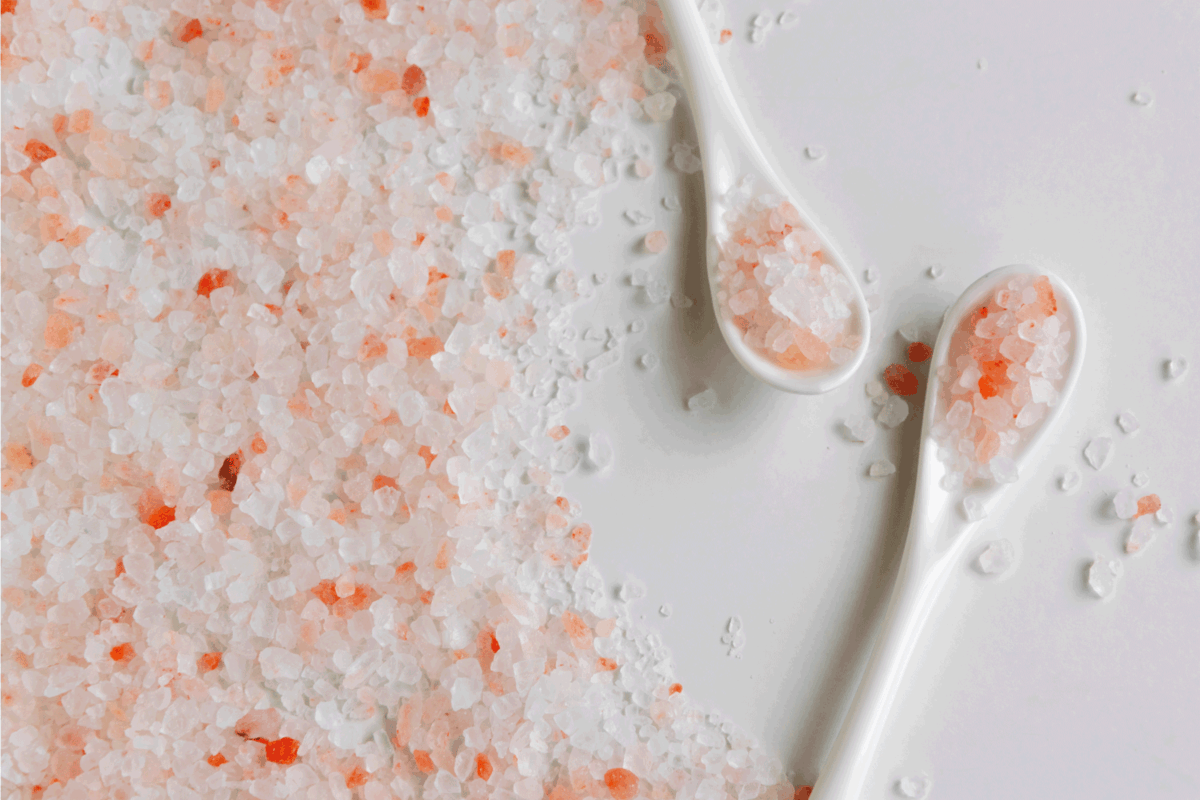- Your skin to believe it is adequately hydrating itself, which makes it lazy. In time, it will produce less of the nutrients necessary to keep skin hydrated on its own.
- Clogged pores and blackheads.
- Excess oil production.
Keep reading to learn more on why it's bad to moisturize every day. This article will help you identify if your skin is a victim of over-moisturizing. We'll also cover what you can use to replace your regular moisturizer. Finally, we'll finish with how to take care of skin when it really is too dry.

This article may include affiliate links and elements that were carefully created by our team using advanced ai to help you envision the best style advice.
Is It Bad To Moisturize Every Day?
Moisturizing is a basic step in most people's everyday routine. Some dermatologists believe that this, however, could actually do more harm than good. Being dependant on moisturizers every day runs the risk of aging your skin prematurely.
Moisturizer tricks your skin into believing it has enough hydration. As a result, it stops working to keep itself moist. The skin stops producing the nutrients necessary to hydrate itself. This leaves you dry and reaching for - you guessed it, moisturizer. It can be a vicious cycle that actually makes skin worse.
Many dermatologists seem to believe that this is actually the result of old beauty campaigns. Moisturizers were an easy product to sell. The push for moisturizers created the popular assumption that it was a daily necessity. But, not all experts agree.

In the end, healthy skin can handle its own needs. Products such as moisturizers interfere with the body's natural response. Many experts believe these should be used sparingly rather than religiously.
If your skin is already dependent on moisturizer, it can take up to a month to break the cycle. Skin goes through a process as it is replaced. For this reason, it takes between two weeks and a month before there is new skin on the surface. Until that happens, the skin that is used to heavy moisturizers will still expect it. The skin may feel dry as you adjust to going without.
When To Moisturize
Of course, some people have conditions like eczema. For them, this advice won't apply. Because the skin, in this state, isn't functioning properly, it needs interventions. You should always follow any specific treatment plan by a medical professional. If lotions are recommended in this case, then use them.

However, for the average person with healthy skin, the best thing is sometimes to do less. It isn't bad to use moisturizer once in a while. A little boost here and there to keep skin hydrated won't hurt. But using it daily probably isn't improving your skin as most people expect.
What Does Over-Moisturized Skin Look Like?
Skin can go haywire when it's overwhelmed with moisturizer. As a general rule, moisturizer should absorb in the skin fairly quickly. It if sits on the surface of the skin for a long time, you're probably applying too much. Similar signs that you're overdoing it include:
- Clogged pores, or acne and breakouts. Skin will absorb what it needs. If there's a lot of product left behind, it will create a layer that attracts dirt and bacteria.
- Skin is oily. This is a big concern if you tend to be oily, to begin with. Too much moisturizer can trigger excess sebum production. This can also trigger acne and rosacea.
- Your skin only seems to get dryer. As explained above, over-moisturizing can make your skin dependent on moisturizer. As a result, your skin requires more and more products in a vicious, continuing cycle.
- You have small red or irritated bumps; rashes, small bumps, and other irritations are a sign that it's time to stop moisturizing.
- Skin feels sensitive. The purpose of skin is to act as a barrier. Its protective ability is hindered by too much moisturizer. The overall balance of water, lipids, and protein in the skin is altered. If your skin is becoming sensitive and easily agitated, it may be due to over-moisturizing the skin.
How Many Times A Day Should You Moisturize?

Some people are dedicated to keeping moisturizers as a regular part of their routine. And, some professionals and make-up companies remain in favor of it. The general consensus, in this case, is to do it twice a day. If you do it morning and night, your skin will remain relatively even throughout the day.
In the morning, apply moisturizer after your cleanser and toner. The moisturizer also comes after any serums that you use. The only step after moisturizer should be sunscreen. Or, you can pick a moisturizer combined with sunscreen and save a step. At night, you'll again apply moisturizer. Use it on damp skin after your cleansing routine is finished.
Should You Moisturize After Your Shower?
After the shower, many people are familiar with the old belief that they should use moisturizers. This locks moisture onto damp skin. This is also when it is most easily absorbed. While this is the right time for skin treatments, lotion may not be the right one.
Post-shower skin is more absorbent. But moisturizer may not be the cure-all that many people think it is. First, it's worth determining if your skin is even dry. Many people are used to applying moisturizers every day. They never question if they actually need any.
If your skin is actually suffering from dryness, there are better options. Lotions, generally, provide less moisture than alternatives like ointments. The American Academy of Dermatology cautions people away from water-based lotions. They suggest products with oils like creams or ointments. The more oil in the product, the more moisture it can replace.
You may be more interested in specific skin concerns. If you're trying to fix a problem, find the right serum. After the shower is an ideal application time. Hyaluronic acid is highly recommended to hydrate and plump the face. Adding lotions over the top may actually reduce the effectiveness of serums. This is another good reason to skip lotion if you don't really need it.
Click here to see Neutrogena Hydro Boost with hyaluronic acid on Amazon.
Does Moisturizer Age Your Skin?
But My Skin Feels Rough and Dry
Chances are, your skin doesn't actually need moisturizer. What it needs is exfoliation. Dead skin cells cause a rough sensation. This is easy to mistake for dryness. Moisturizer is a temporary fix. It does plump up those dead skin cells for a short time. This results in the mistaken belief that you've fixed your dry skin.
Actually, all this does is keep the old, dead skin cells intact. The short-term effects of the moisturizer fade. This leaves behind dull, dead skin. This tricks most people into believing that they need to rejuvenate with another layer of moisturizer. We already know what a vicious cycle this is!
Try exfoliating instead. By removing the top layer of dead skin regularly, you'll give your skin a healthy glow. In many cases, this is more beneficial than a moisturizer. To learn more about how to exfoliate, try: "Does Body Scrub Exfoliate Skin?" or "5 Great Body Scrub Alternatives To Try Out."

In Closing
There's nothing wrong with using moisturizers occasionally. Sometimes skin just needs an extra boost. Typically, however, the skin should be able to keep itself hydrated. You should evaluate whether you really need it or if it's just part of your daily routine.
Using moisturizers too often can age skin prematurely. It causes the skin to stop producing its own moisture. This also causes collagen and elastin production to slow. Over-moisturizing can also make skin oily, clogged, irritated, sensitive, and prone to breakouts. For dry skin, replace moisturizer with a hydrating cream or ointment. If the goal is correcting a specific problem, try a serum. Hyaluronic acid is a popular choice for keeping your face smooth and young.


![Scientist holding Cyanoacrylate glue, Is There An Eyelash Glue Without Cyanoacrylate? [A Guide to Finding Safe Alternatives] - 1600x900](https://stylecheer.com/wp-content/uploads/2023/09/shutterstock_2238414685-300x169.jpg)
![Applying lash glue onto fake eyelashes, Why Is My Lash Glue Not Sticking? [Common Reasons and Solutions] - 1600x900](https://stylecheer.com/wp-content/uploads/2023/09/shutterstock_1059533828-300x169.jpg)
![Pouring black lash glue onto a small mat, What Glue Do Lash Techs Use? [A Guide to Lash Extension Adhesives] - 1600x900](https://stylecheer.com/wp-content/uploads/2023/09/shutterstock_1541038103-300x169.jpg)
Hi, in response to the above article I was wondering if you could answer a question I had concerning moisturising regularly resulting in the skin producing less moisture of it’s own and resulting in faster aging. This is concerning to me as around 10 years ago I was treated for acne with the drug Roaccutane. This resulted in my oil glands seemingly not producing as much and drying my skin out very painfully despite stopping the medication. I then began using moisturisers and without understanding that skin can become dependant on it began using it more and more over the next 5 years. It became so bad that I eventually used it around 10 times a day this issue became a big issue for me hence this excessive use and reliance on. 7 years or so I stopped using any moisturiser which was very painful for me as my skin felt incredibly tight particularly after showering etc. However, after about a month my skin returned to normal and is now no longer reliant on moisturiser at all and hasn’t been for many years. Because of this experieince I now no longer use moisturiser at all and do not plan on ever using regularly again. What I’m wondering is will this experieince of excessive moisturiser use over these 5 years cause long term issues regarding my skin being lazy in not producing much moisture, collagen production etc and aging quicker ect. I’m hoping it will have just returned to normal after no longer using as it appears fine I’m just a bit paranoid about the long term having read this. Thanks.
It is unlikely that you’d experience long term effects from over moisturizing as long as your skin has returned to a “balanced” state.
Collagen is produced on a deeper level in the body. While it does slow with age it’s more related to diet and other processes internally.
Moisturizing is much more a surface effect. It can send the wrong signals to glands, producing too much or too little oil, but those glands are right on the skin’s surface. Nothing “deep” is going on in the body here – it’s mostly already visible as shiny or dry skin, clogged pores, break outs, irritation, etc.
Changing your habits regarding moisturizers will lead to a change in your skin, and that’s about it – you’re unlikely to be blindsided by anything down the road that you didn’t anticipate.
Collagen on the other hand does “surprise” you – you didn’t know it was lacking til you see the skin change. This, as said, is more due to diet and issues like smoking though.
Thank you Jamie for you response and help with this matter. Much appreciated.
Thank you Jamie for you response and help with this matter. Much appreciated.